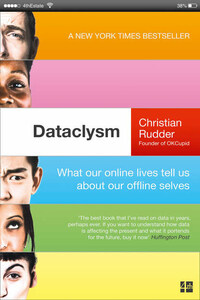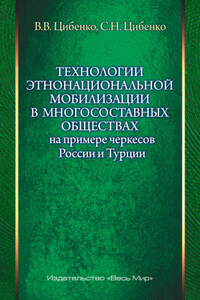Dataclysm: Who We Are

Founder of OK Cupid, Christian Rudder, reveals the myriad and mind-blowing possibilities of harnessing big data, and explores what our digital footprints can tell us about human relationships.In an hour, ten million pictures go up on Facebook. Each day, more people flirt on OkCupid than live in Chicago. We've all heard these types of numbers before; but in ‘Datacysm’, for the first time, we can actually feel their impact. We can see the actual information being created and what we can learn from it.Christian Rudder is one of the founders of OK Cupid, America’s biggest dating site, and so is in possession of one of the richest interpersonal datasets in the world. In this book, he takes data from OK Cupid, and also from other sites – Twitter, Facebook, Pinterest, Tumblr, last.fm, LinkedIn, Uber, Reddit, and so on – all the messaging, the flirting, the posting, the trolling, the liking, the hating, and makes something wonderful.While most popular nonfiction takes something small and uses it as a lens for big events, ‘Dataclysm’ does the opposite. It takes something big — the enormous dataset of everything that we're doing and saying and thinking — and teases from it many small things: how a joke changes in the telling, whether it really matters where you went to college, how people decide who’s beautiful and who isn’t. This book is a series of statistical vignettes, tiny windows, looking in on slices of life.One day soon there will be many people whose entire lives have been mediated through their digital devices. Then we’ll really be able to see what’s what. In the meantime, with the data he has collected, Christian Rudder has forged a new genre of statistical writing, where numbers become narrative.







